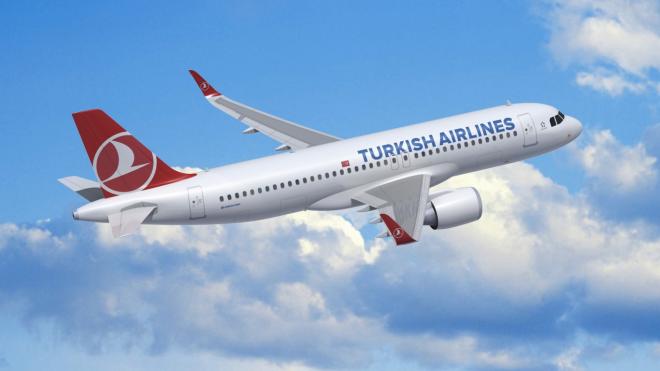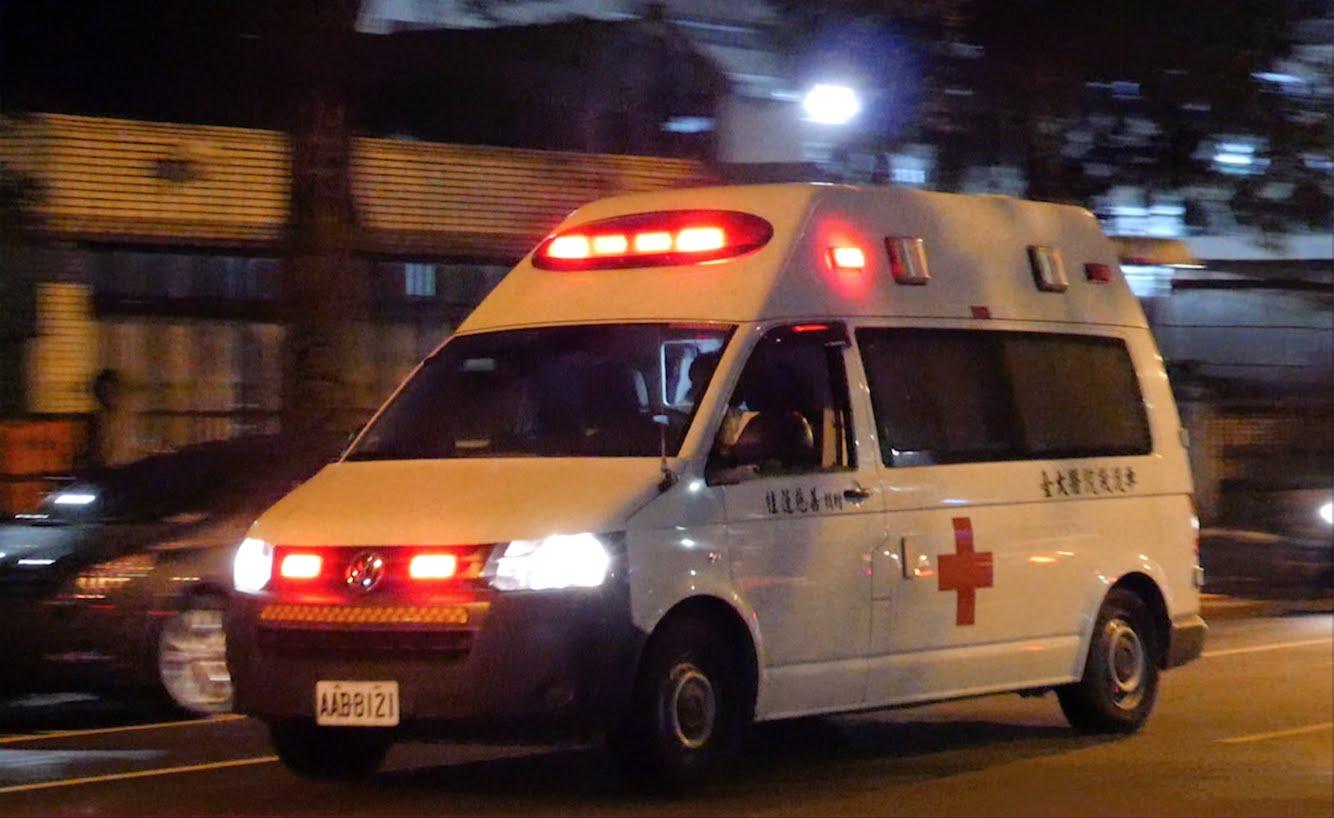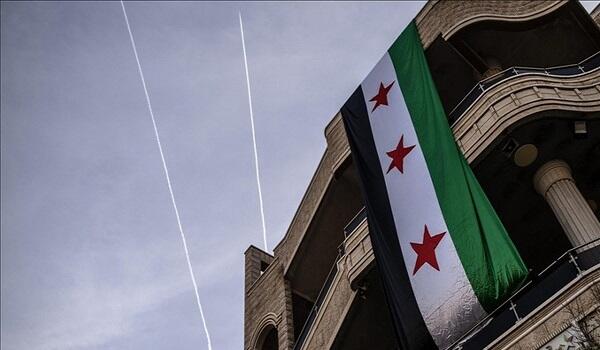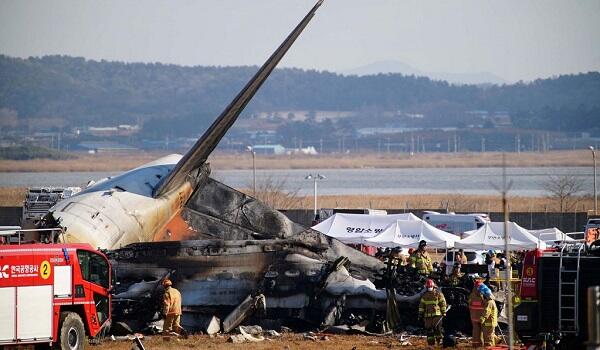Experts are raising doubts about the initial theory that a bird strike caused the deadly crash of Jeju Air flight 7C2216 in South Korea on December 29.
Axar.az, citing Reuters, reports that the Boeing 737-800, which had no visible landing gear, performed a belly-landing at Muan International Airport and crashed into a wall, bursting into flames.
Questions have been raised about why fire and emergency services weren't in place, why the plane landed far down the runway, and why there was a brick wall at the runway's end.
While South Korean officials are investigating the cause, including the possibility of a bird strike, initial reports show the flight data recorder and cockpit voice recorder were found hours after the crash.
Experts, including Geoffrey Thomas from Airline News, noted that while bird strikes are common, they rarely cause significant damage on their own, especially to landing gear.
Australian aviation experts Geoffrey Dell and Trevor Jensen agreed, stating that a bird strike wouldn’t typically prevent the landing gear from being extended. They also questioned why the plane didn’t decelerate after touching down and why emergency services weren’t prepared for the belly-landing. Typically, fire services would cover the runway with foam during such landings, but no foam was seen during this incident.
The investigation is ongoing, with many details yet to be determined, particularly regarding whether a bird strike contributed to the crash.












































